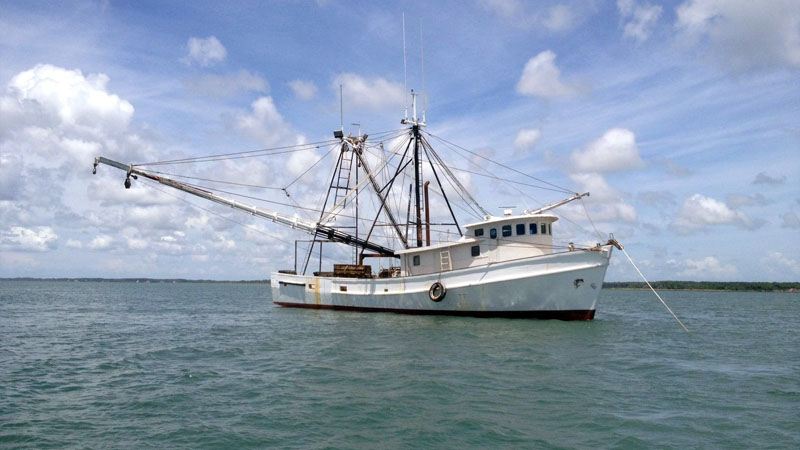Exclusive content

In North Carolina, United States, the practice of inshore shrimp trawling has sparked a heated debate, pitting environmental conservation against the livelihoods of commercial fishermen. At the heart of the issue is a proposal by the North Carolina Wildlife Federation (NCWF) to ban inshore shrimp trawling in order to protect other vulnerable fish species.
Environmental Concerns: Impact on Marine Ecosystems
The NCWF argues that the use of weighted nets in shrimp trawling not only captures shrimp but also ensnares other marine species, such as the Southern flounder. These nets, they contend, cause significant damage to the delicate seafloor ecosystem. Tim Gestwicki, CEO of NCWF, emphasizes the urgency of the situation, advocating for a ban on inshore trawling to prevent further harm to juvenile fish populations.
For fishermen like Thomas Smith, who depend on inshore shrimp trawling for their livelihoods, the proposed ban represents a potentially devastating blow. Smith, based in the Pamlico Sound, notes that the majority of his income is earned during the shrimp season from July to November. Restricting trawling to ocean waters, as proposed by NCWF, would severely limit his ability to sustain his business year-round.
Efforts Toward Compromise: Bycatch Reduction Devices
In an effort to find common ground, fishermen have invested in bycatch reduction devices as mandated by the NC Division of Marine Fisheries. Despite these efforts, NCWF remains steadfast in their position, arguing that the devices are insufficient in mitigating the impact on juvenile fish populations.
The debate in North Carolina is not isolated. Glenn Skinner of the North Carolina Fisheries Association points out that Southern flounder populations face challenges nationwide, even in states where inshore shrimp trawling is already banned.
Looking Ahead: Legislative Decision Pending
The fate of inshore shrimp trawling in North Carolina now rests with the North Carolina Wildlife Resources Commission, which will consider the proposal in the coming weeks. The issue is expected to garner further attention as it moves to the state’s General Assembly, where lawmakers will weigh the economic implications against environmental sustainability.